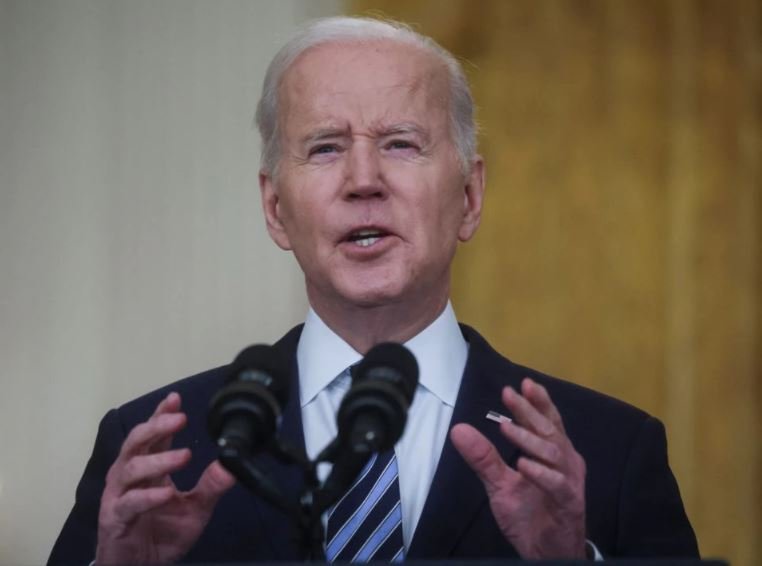The leader of a religious sect in South Korea will be investigated over some of the country’s coronavirus deaths.
The city government of the capital Seoul has asked prosecutors to charge Lee Man-hee, the founder of the Shincheonji Church, and 11 others.
They are accused of hiding the names of some members as officials tried to track patients before the virus spread.
South Korea is battling the worst coronavirus outbreak outside China.
The country has reported 3,730 cases and 21 deaths so far. More than half of all infections involve members of the Shincheonji Church of Jesus, a fringe Christian group.
Authorities say Shincheonji members infected one another in the southern city of Daegu last month, before fanning out around the country.
What’s happening in South Korea?
On Sunday the Seoul City government filed a legal complaint to prosecutors against 12 leaders of the sect. They are accused of homicide, causing harm and violating the Infectious Disease and Control Act.
All 230,000 members of the church have been interviewed. Nearly 9,000 said they were showing symptoms of coronavirus.
A 61-year-old female member of the sect who tested positive for the virus was among the first to be infected.
She initially refused to be taken to a hospital to be tested and is known to have attended several church gatherings before testing positive.
The sect’s leader, Lee Man-hee, claims he is the Messiah. He has also been tested for the virus and is awaiting the results.
Roman Catholic churches remain closed, major Protestant groups have cancelled Sunday services and all Buddhist events have been called off.
Who is Lee Man-hee?
Lee Man-hee, 88, claims he is the second coming of Jesus Christ and identifies as “the promised pastor” mentioned in the Bible.
He founded the Shincheonji Church in 1984. In Korean, Shincheonji means “new heaven and earth”.
The group is considered a cult by many. Mr Lee’s followers believe he will take 144,000 people to heaven with him.
The church says it has more than 20,000 followers outside of South Korea including in China, Japan and areas of Southeast Asia.
The group is known for packing its followers tightly together during services. Glasses, necklaces and earrings are reportedly banned from services.










